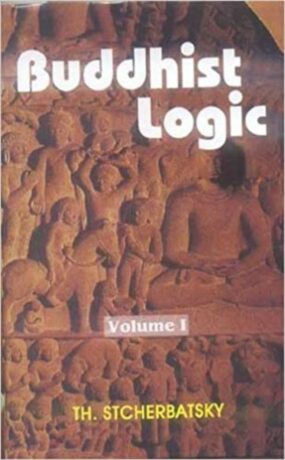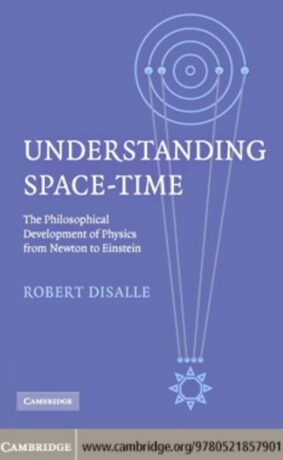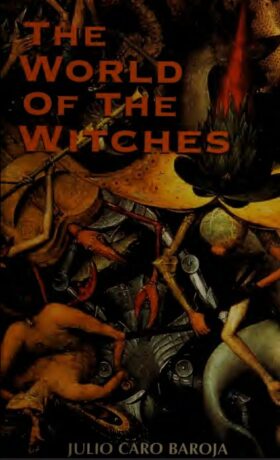Skip to content
"A daily handbook to awaken your body and soul and achieve emotional clarity, energy and enhanced wellbeing. Each of our seven chakras is associated with elements such as foods, balancing activities, essential oils, healing crystals, affirmations, personas, colours, mandala symbols, senses, seasons, parts of the body and yoga poses – to name just a few. Therefore aligning your chakras is a delicate balancing act. Guiding you down the path to better energy and harmony is Kimberly Parsons. Her clarity, gentle advice and encouragement will teach you to apply the simplest principles – called 'balance superpowers' – to your daily life and gradually understand the role of chakras. In this beautifully illustrated book, there are...>>





